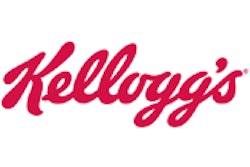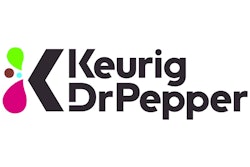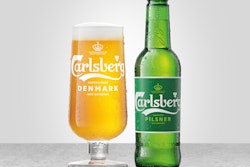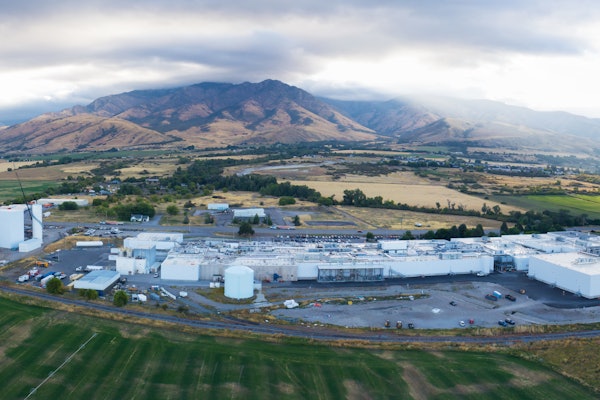
Haribo has opened its first North American manufacturing facility. The Pleasant Prairie, Wis., state-of-the-art, 500,000-sq-ft factory, along with an administrative building and warehouse, was built to meet the growing demand by American consumers.
The facility is a multi-phase project. Future phases are in development and will include new technology and expanded capacity. The Pleasant Prairie facility is Haribo’s 16th factory and supports the global company’s production of more than 160 million Goldbears every day.
 | The Future Is Here: Evolution of the Food Manufacturing Facility |
“I started my career with Haribo more than 20 years ago, and I’m so proud to be part of the team that made the dream of a U.S. factory come true,” says Hakan Zor, chief production officer, Haribo of America. “Our Associates worked tirelessly to ensure every step was taken with care, with the best quality equipment, technology and ingredients on the market. The Haribo brand has limitless potential, and producing in the U.S. is an exciting next chapter of our story.”
Aligned with the brand’s commitments to community giving, Haribo plans to work closely with the Boys & Girls Club of Kenosha, as well as with the University of Wisconsin-Parkside, Carthage College, and Gateway Technical College, to provide scholarship and internship opportunities.
“At Haribo, we think in generations. We are in the U.S. for the long term and are honored to be part of the Pleasant Prairie community,” says Wes Saber, chief financial officer, Haribo of America. “One of our core values is trust, and it was important for us to give back to the people of Pleasant Prairie who have welcomed us so warmly.”





















